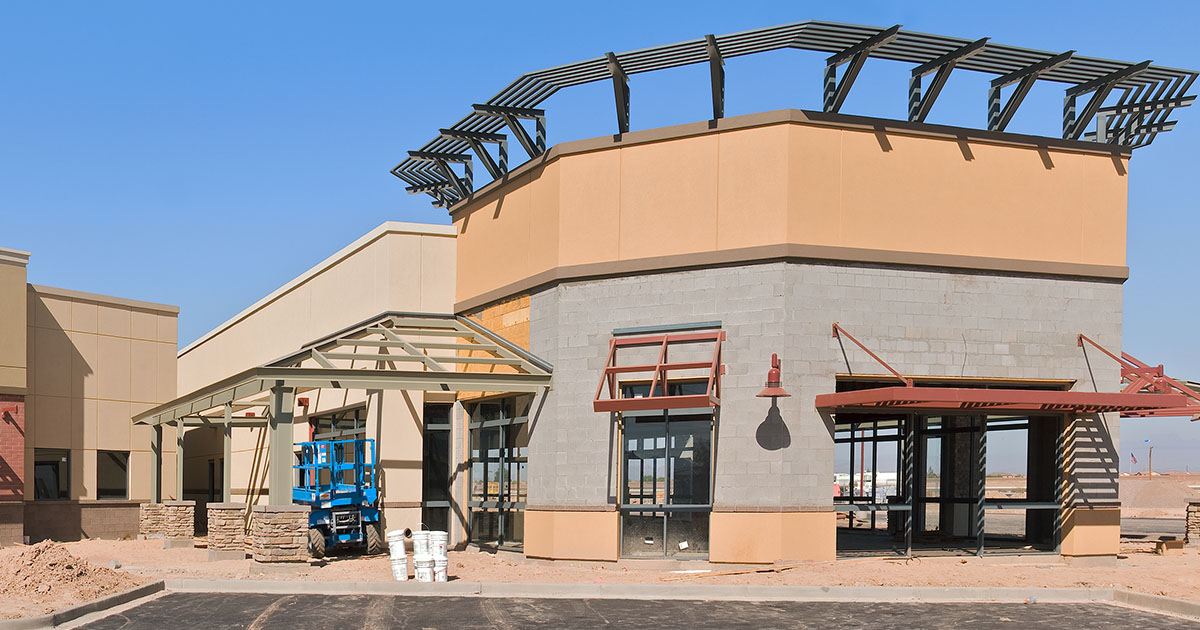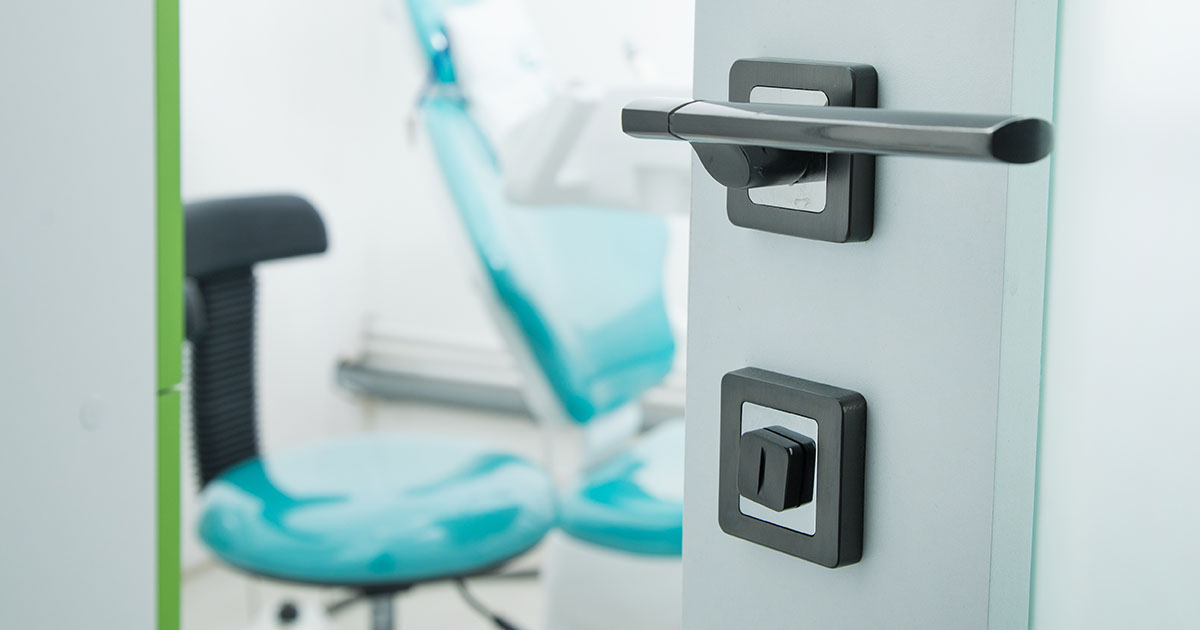In today’s economic climate, dentists are becoming increasingly discouraged by the shortage of available practices for sale and are considering scratch-start practices.
What to Consider if You’re Building a Dental Practice
There are many things to consider if you decide you’re going to build or buy a dental practice.
Dental Practice Financing
To pay for the start-up, financing is obtained for the office furniture, fixtures, equipment, build-out, and working capital.
A typical general dental practice start-up consists of four to five treatment rooms plumbed, two rooms equipped with a moderate level of technology and cabinetry at a cost of $400,000 – $700,000. Working capital enables the dentist to pay the bills while the patient base builds.
Loan Debts Affect Decisions When You Build or Buy a Dental Practice
In addition to the practice loans, young dentists are typically already saddled with roughly $300,000 in student loan obligations. With all this debt, you can see how important it is that the practice grows quickly.
Staffing a Dental Practice
Once the build-out has begun, the practice owner’s attention turns to assembling a staff. Obviously, the practice cannot support a hygienist.
Find a Receptionist and a Dental Assistant
Dentists will often concentrate on trying to find an experienced receptionist to run the front desk, including making appointments, managing collections, and filing insurance.
Some start-ups will include a chairside assistant from the beginning and others will not. The new practice owner must weigh the additional service the practice wishes to provide to patients and the image he or she wishes to project against the extra cost of hiring an assistant. As you might imagine, this can be a difficult choice.

Marketing a Dental Practice
The day the practice opens, the dentist will have few patients beyond family and friends. To attract patients, external marketing is needed — and it is expensive. Sometimes it works and sometimes it doesn’t. Slowly over time, the practice will begin growing.
Starting a practice from scratch today carries a host of unknowns, risks, and uncertainties.
Better off Buying than Building?
When a dentist purchases an existing practice with a patient base, he or she receives an instant patient base, an instant team, an instant stream of income, and proven market effectiveness.
Benefits of Buying an Established Dental practice
The risk of unknowns and uncertainties is greatly reduced. The practice acquired has typically proven itself year after year and will continue to do so well into the future.
Higher Income
From day one the purchaser of a practice is often generating significantly higher income AFTER servicing the debt than he or she was as an associate dentist, certainly more income than a practice built from the ground up.
Save on Equipment
Let’s look at the economics. An average practice buildout with equipment would cost about $500,000 depending on many factors including location and availability of labor and supplies in today’s market.
The dentist would typically borrow an additional $100,000+ for advertising and working capital to cover overhead until the practice breaks even, necessitating financing of at least $600,000. Remember, that’s $600,000 for a beautiful new office collecting no income.
Is There a Better Alternative to Build or Buy a Dental Practice?
What would be a better alternative? What if that dentist purchased a practice for $600,000? Same debt, however the purchasing dentist would net $300,000-$350,000 a year more than the dentist that started from scratch.

Opportunity Cost
The lost income is what is known as opportunity cost. It is by far the greatest cost in a startup that often goes unaccounted for, the amount a dentist gives up in lost income. Year one, the opportunity cost may be $300,000 in lost income, year two, $200,000, year three $100,000 and so on. As a startup grows, the income differential (opportunity cost) will get smaller and smaller until the startup experiences a break even with the acquisition. This may be three years; it could be seven years or longer.
Should You Build or Buy a Dental Practice?
The bottom line is a dentist can expect $400,000-$600,000 greater cash flow during the first three years of practice, compared to a start-up practice. Most financial professionals will tell you that you should never build over buy, given the opportunity to buy.
The opportunity cost is too great and can never be made up. If you can’t find a practice or if the practices you see are not satisfactory, only then should you consider starting a practice from scratch. Why struggle when you don’t have to?
About the Author
In 1996 Mr. Ackerman became a principle in ADS Midwest. Peter is a member and past president of ADS, a licensed real estate and business broker, a certified valuation analyst, certified exit planning advisor and a member of the Practice Valuation Study Group. He contributes articles frequently to Dental Economics, Illinois Dental News, and the Chicago Dental Review. He is an adjunct faculty member at Midwestern Dental School, lectures regularly to dental practitioners and students at meetings of the American Dental Association, the Academy of General Dentists, and others.
LinkedIn



